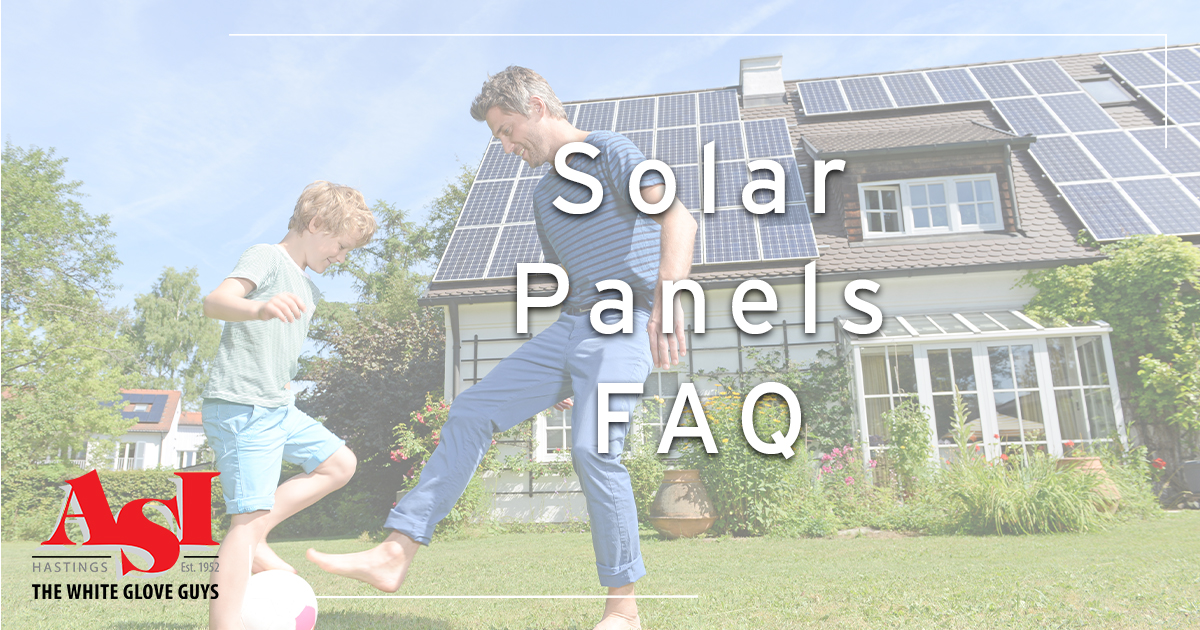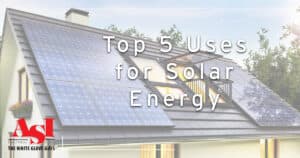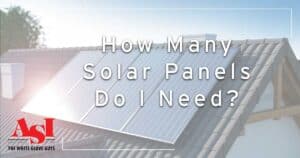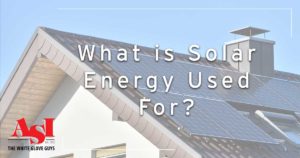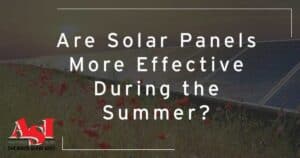No one can deny the sheer force and power of the sun. One of our favorite ways to harness this extreme power is with home solar panels. Residential solar panels allow San Diego homeowners to generate green energy and save on their utility bills. Here are our solar panels FAQ that answers our most common questions.
Installing home solar panels means:
- You’re tapping into a renewable energy source, allowing you to use energy while being sustainable.
- You’ll be reducing your energy bills, making it a wallet-friendly option.
- Maintenance costs will be considerably lower.
- You can generate electricity or heat through solar panels
- You’ll be buying into an ever-developing industry with massive technological advancements.
1. How Do Home Solar Panels Work?
In a nutshell, home solar panels capture and harvest the sun’s energy. The panels then convert that UV energy into electricity.
For a more in depth answer, your solar panel allow photons that are released by the sun to free atoms from electrons, which sparks and generates electricity.
Each panel usually contains between 60 and 72 solar cells that are linked together. Within each cell sits a positive and negative layer, which work together to create an electrical field.
With phosphorus creating the negative charge inside the top layer and boron creating the positive charge in the bottom layer, they work together to turn the sun’s energy into electricity.
2. How Long Do Home Solar Panels Last?
As energy bills continue to reach new heights, there’s a massive technological focus on solar panels to fix the current state of our world and our bank accounts.
This is great news for solar panel users, as there’s a massive amount of research to perfectly optimize the home solar panel.
Most solar panels have a lifespan of between 40 and 50 years. Depending on the warranty, you could have protection for a good part of their lifespan.
If you take care of your solar panel and dedicate some time to maintenance every now and again (which we’ll cover next), it could easily exceed the average lifespan of 40 years.
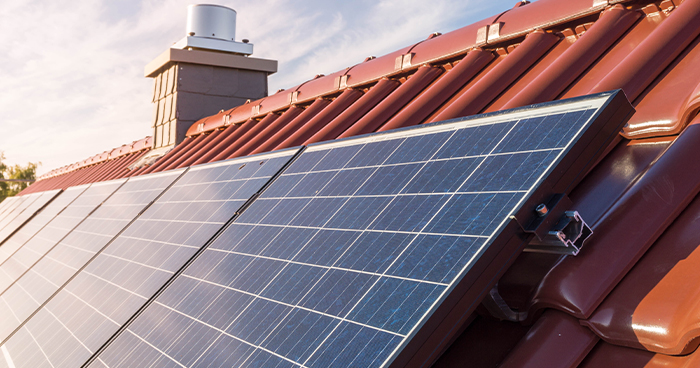
3. Do Solar Panels Need Routine Maintenance?
Generally speaking, solar panels don’t demand too much of your time and effort. However, if you can schedule in regular service checks, just like an HVAC tune-up, you can ensure that the solar panels are in tip-top shape. This is also a great way to help elongate their lifetime.
4. What’s the Difference Between “on-grid,” “grid-connected,” “grid tied,” and “off the grid”?
If you’re new to the world of solar panels, these terms can be slightly overwhelming. Don’t fear. Here are the key differences:
On-grid solar energy systems are connected to a utility grid, while an off-the-grid solar energy system is not.
Off the grid solar panels rely solely on the sun and energy within batteries to produce electricity.
However, on-grid solar panels mean you’ll always have electricity, come rain or shine and whether the batteries are functional or not. As long as the grid system is working, you’ll have electricity.
A grid-tied system is connected to an electrical power grid, and a grid-connected system is synonymous with on-grid systems.
5. Is My Roof Good for Solar Panels?
Most San Diego roofs can handle solar panels, even if they’re not a perfect fit. However, the best roof for solar panels is one that is south-facing. This angle generates the most electricity.
That said, east and west-facing roofs are also suitable for solar panels. Again, they’re not the ideal position, but they will function. Depending on the position of your roof, different times of the day will better capture the sun’s energy.
It’s best to talk this through with a professional if you’re unsure, but the key thing to remember is: The vast majority of roofs are suitable for solar panels.

6. Will Solar Panels Increase My Property’s Value?
According to Zillow’s research, you can increase the value of your property by 4.1% when you install solar panels. That’s an additional average of $9274 for the median-valued property in the US.
The return on investment for installing solar panels is high. With more environmentally conscious people around than ever before, solar panels are making it to a potential buyer’s ‘must-have’ list when attending viewings.
It’ll also set you apart from other properties and could very well be the deciding factor in obtaining a sale.
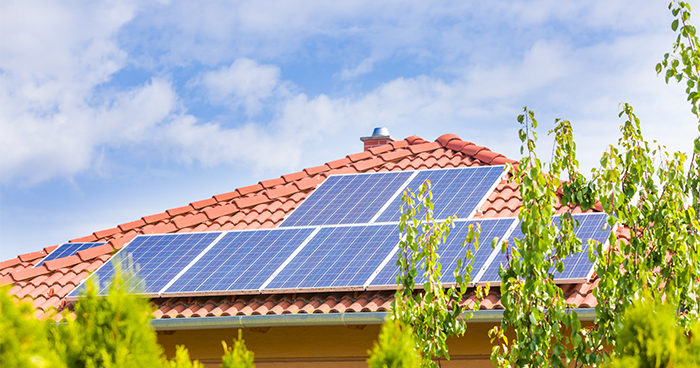
7. Do Solar Panels Work During a Blackout?
Worrying about what happens to your solar energy during a blackout is a key question for those who haven’t made the switch.
The answer is simple: when there’s a blackout, solar power doesn’t become a backup generator. Just like any other energy source during severe weather and blackouts, solar energy will go out.
However, should you choose an off-grid solar energy system or using external energy with batteries means you can still use electricity during a blackout.
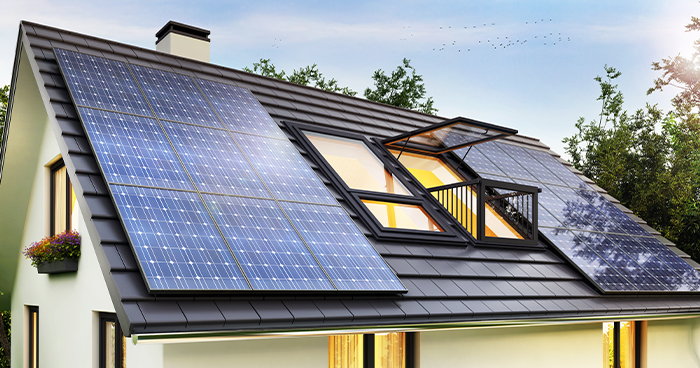
8. Do I Get an Energy Credit for any Extra Solar Power I Generate?
You can gain credit for solar electricity production. Essentially, when your home solar panels produce excess energy – i.e., more than your home needs – the excess is sent out to the local grid where other people in the neighborhood can use it.
With net metering, you’ll then gain full credit for the excess energy.
Solar energy reduces your energy bills, increases the value of your home, protects the planet, and is constantly improving and evolving. Solar panels are both the present and the future of electricity.

